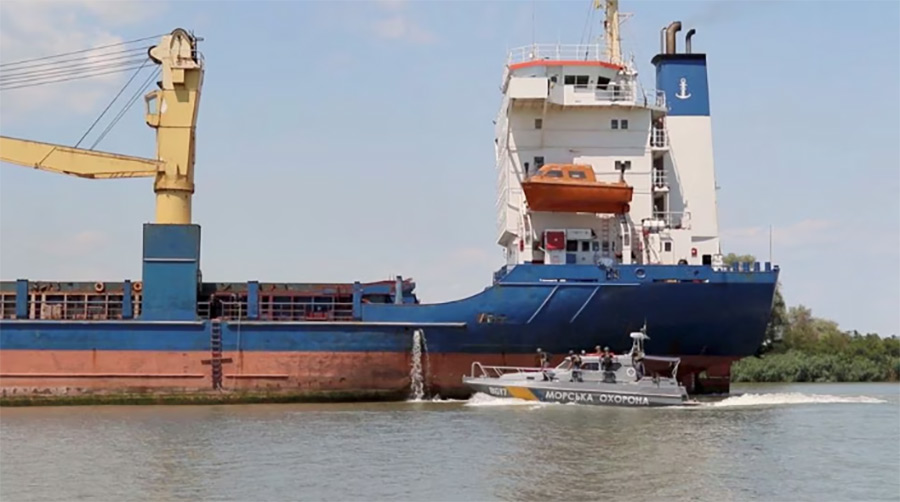MOSCOW – Russia said that it has not taken a final decision on whether to extend the Black Sea grain deal, while the United Nations pledged to make every effort to prolong the pact before it expires on July 17.
“We have not yet officially announced the decision, we will announce it in a timely manner,” Kremlin spokesman Dmitry Peskov said of the deal, which allows for the safe export of grain from Ukraine despite the conflict now in its 17th month.
Russia has consistently said it sees no grounds to renew the agreement beyond July 17 because of obstacles to its own exports of grain and fertilisers.
But Peskov said there was still time for the West to address those issues.
“There is still time to fulfill that part of the agreements that concerns our country. Until now, this part has not been completed, and, accordingly, at the moment, unfortunately, there are no particular grounds for extending this deal,” he said.
Under the Black Sea grain deal, Russia guaranteed the safety of grain ships heading to and from Ukrainian ports through waters it controls.
When it was signed in July 2022, the United Nations and Russia also signed a memorandum of understanding committing the UN to facilitate unimpeded access of Russian fertilizers and other products to global markets.
Speaking to reporters in Geneva, top UN trade official Rebeca Grynspan said both agreements were crucial.
“We need both to continue bringing down prices and have stable markets of food and fertilisers in the world,” Grynspan said. “The United Nations remains committed to making every effort for the continuation of the agreements.”
Grynspan said she may travel to Moscow to meet with officials before the deal expires.
To fulfil the memorandum, Russia says several conditions must be met, including the readmission of the Russian Agricultural Bank (Rosselkhozbank) to the Belgian-based international banking payment system, SWIFT.
The Financial Times reported on Monday that the European Union was considering a proposal for the bank to set up a subsidiary to reconnect to the global financial network, as an incentive for Moscow to extend the deal.
Russian Foreign Ministry spokeswoman Maria Zakharova rejected that idea on Tuesday, saying there was no substitute for restoring Rosselkhozbank’s full access to SWIFT.
Russia on Tuesday restated a demand for its state agricultural bank to be reconnected to the global SWIFT payments system to avert the collapse of the Black Sea grain deal, and said it would not accept a reported compromise proposal.
With 13 days remaining until the expiry of the deal, which has allowed Ukraine to export grain from its Black Sea ports despite Russia’s invasion, Moscow said there had been no progress on any of its key demands, including the banking issue.
Russia says the severing of the bank’s access to SWIFT is one of the obstacles facing its own exports of food and fertilizer, and that it cannot keep renewing the Black Sea deal unless those issues are addressed.
The stakes are high. The United Nations says the deal has so far allowed the export of more than 32 million metric tons of food from three Ukrainian Black Sea ports to 45 countries on three continents.
It describes the Black Sea grain deal and the efforts to facilitate Russian grain and fertilizer exports as “a lifeline for global food security.”
Any disruption or halt to such trade could aggravate a food crisis in the poorest countries and push global prices higher. Since March 2022, global food prices have dropped by 22 percent, according to the Food and Agriculture Organization.




